CTRL+K
CTRL+K
Morocco is a place where different religious beliefs come together in an amazing way. Most people in the country follow Islam, which has been an important part of life there for many centuries. You can see mosques and hear the call to prayer all across the land. But Morocco also has a rich history of Jewish people living there. There are old Jewish neighborhoods and synagogues that have been around for a very long time. And there are even some Christians who live in cities like Tangier and Essaouira. They have been part of Morocco for a long time too. All these different religions are able to live together peacefully in Morocco. People celebrate each other’s holidays, like Eid for Muslims, Hanukkah for Jews, and Christmas for Christians. This shows how accepting and open-minded the Moroccan culture is. When you visit Morocco, you get to see how beautifully different faiths can exist side by side in harmony.
In Morocco, the religion of Islam is the main belief system that most people follow. The majority of Moroccans practice Sunni Islam, following the teachings of the Maliki school of thought. Mosques are found everywhere across the country, from big cities to small towns. Some of the most famous mosques in Morocco are the grand Hassan II Mosque in Casablanca with its tall minarets, and the historic Koutoubia Mosque in the city of Marrakech. The call to prayer, which is a special call inviting Muslims to come and pray, can be heard ringing out from the mosques throughout the busy markets and old towns known as medinas. This regular call to prayer reminds everyone of the deep religious roots and the importance of Islam in Moroccan culture and society.
Morocco boasts a profound Jewish legacy spanning countless generations. In cities such as Fez and Marrakech, historic Jewish neighborhoods, known as mellahs, stand as enduring witnesses to the nation’s multicultural tapestry. These ancient quarters house sacred synagogues and hallowed cemeteries, preserving the rich heritage of the Jewish people who once called Morocco home. One particularly revered site for Moroccan Jews is the pilgrimage destination of Rabbi Amran Ben Diwan in Ouazzane. This venerated location continues to draw spiritual seekers, serving as a testament to the deep-rooted connection between the Jewish faith and the Moroccan landscape.
In Morocco, Christianity has a long-standing historical existence, particularly in cities like Tangier and Essaouira. These cities have been home to Christian churches and communities that have coexisted harmoniously with people of other faiths for hundreds of years. This religious diversity in Morocco reflects a spirit of tolerance, understanding, and peaceful coexistence among different beliefs and cultures. For centuries, Christians have been able to freely practice their faith in these cities, with churches operating alongside mosques, synagogues, and other places of worship.
Religious celebrations have great significance in Morocco’s vibrant cultural landscape. They are observed with enthusiasm by the people. Among these, Eid al-Fitr and Eid al-Adha are highly important for Muslims. Eid al-Fitr marks the end of Ramadan. Eid al-Adha honors Prophet Ibrahim’s willingness to sacrifice his son. These joyous occasions involve prayers, feasts, and exchanging gifts and greetings. Similarly, Morocco’s Jewish community celebrates Hanukkah and Passover. Hanukkah, the Festival of Lights, involves lighting the menorah and enjoying foods like sufganiyot and latkes. Passover commemorates the Israelites’ exodus from Egypt through special meals, storytelling, and rituals. Additionally, Moroccan Christians celebrate Christmas with gatherings, church services, and nativity displays.
Morocco has a long-standing custom of permitting different belief groups to coexist calmly together. This custom is a piece of their old idea of “dar al-ahd.” “Dar al-ahd” signifies “place of agreement.” It implies that Morocco gives security and regard to individuals who hold different profound convictions from the dominant part. Morocco has been known for this sort of strict resilience for quite a long time. At the point when various belief groups carry on with agreeably close to one another without strife, it shows regard and resistance for different methods of intuition and living.

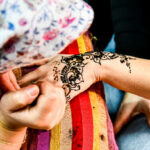

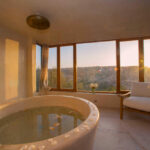
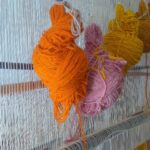
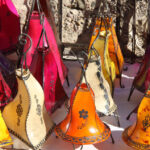


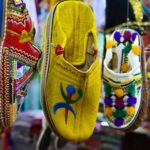
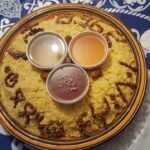
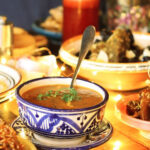
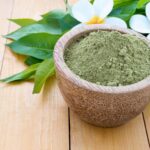
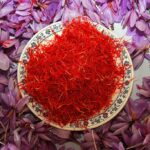
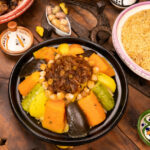

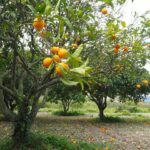

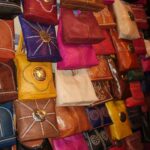
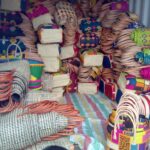
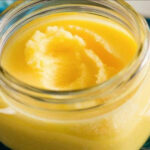
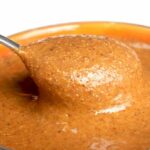



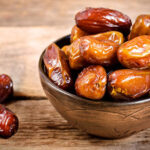
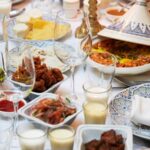
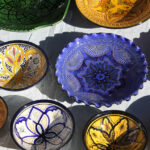
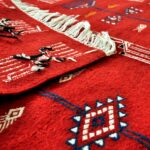
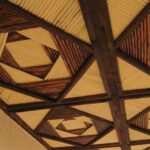
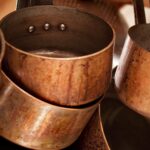
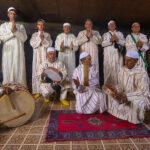
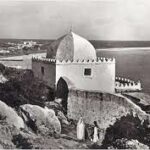
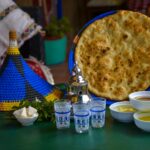


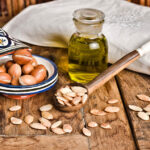
There are no results matching your search.
Reset